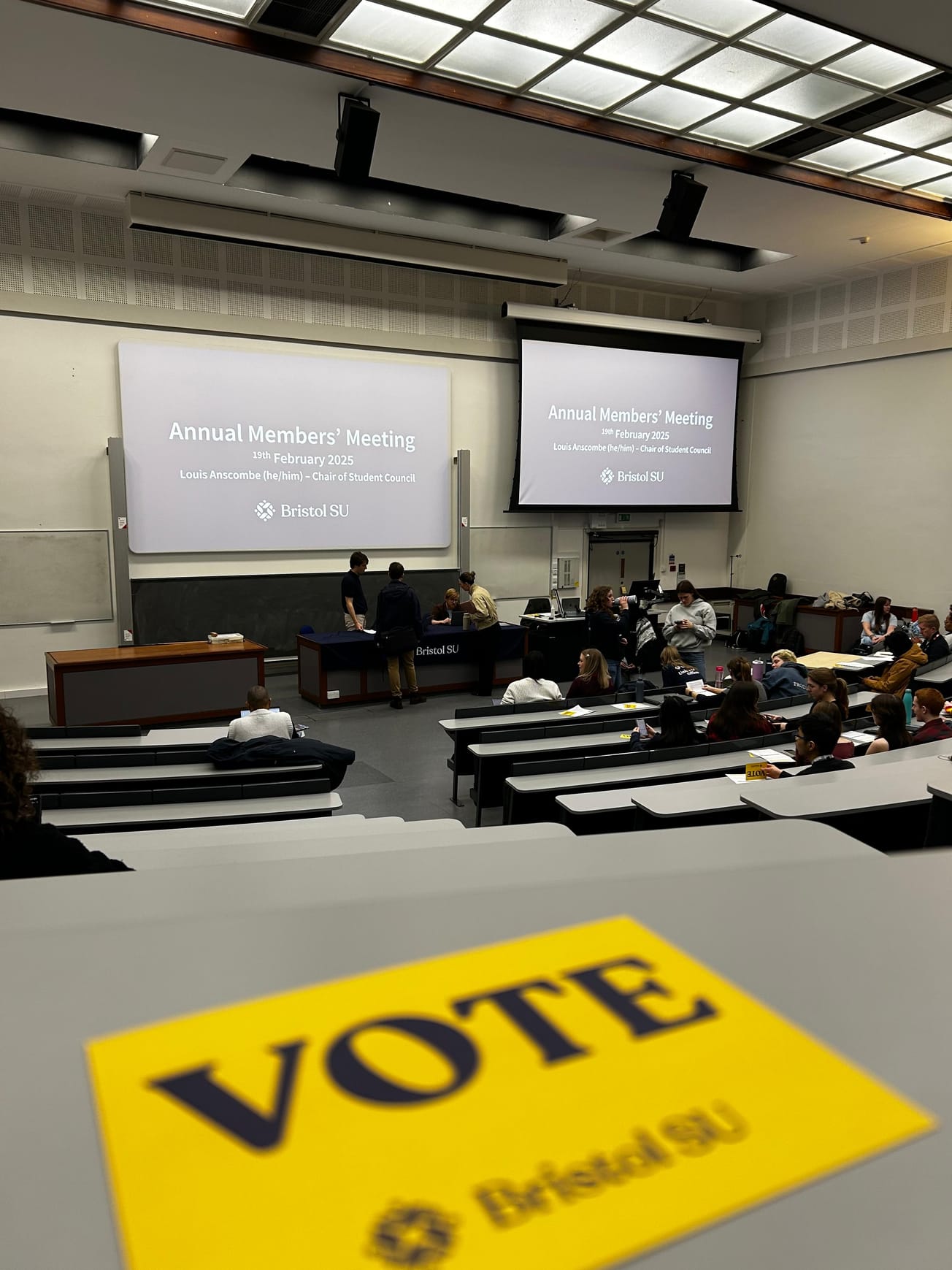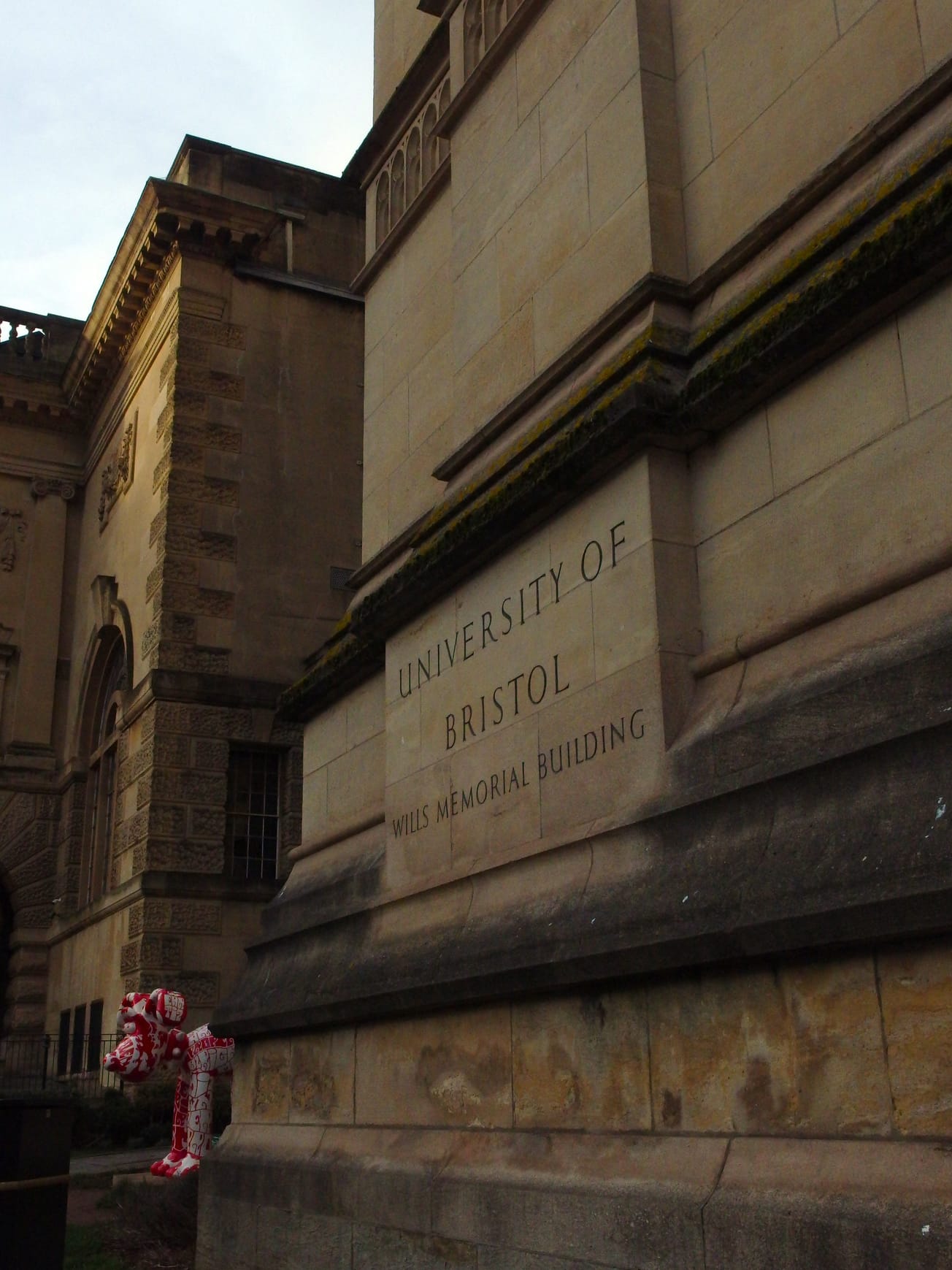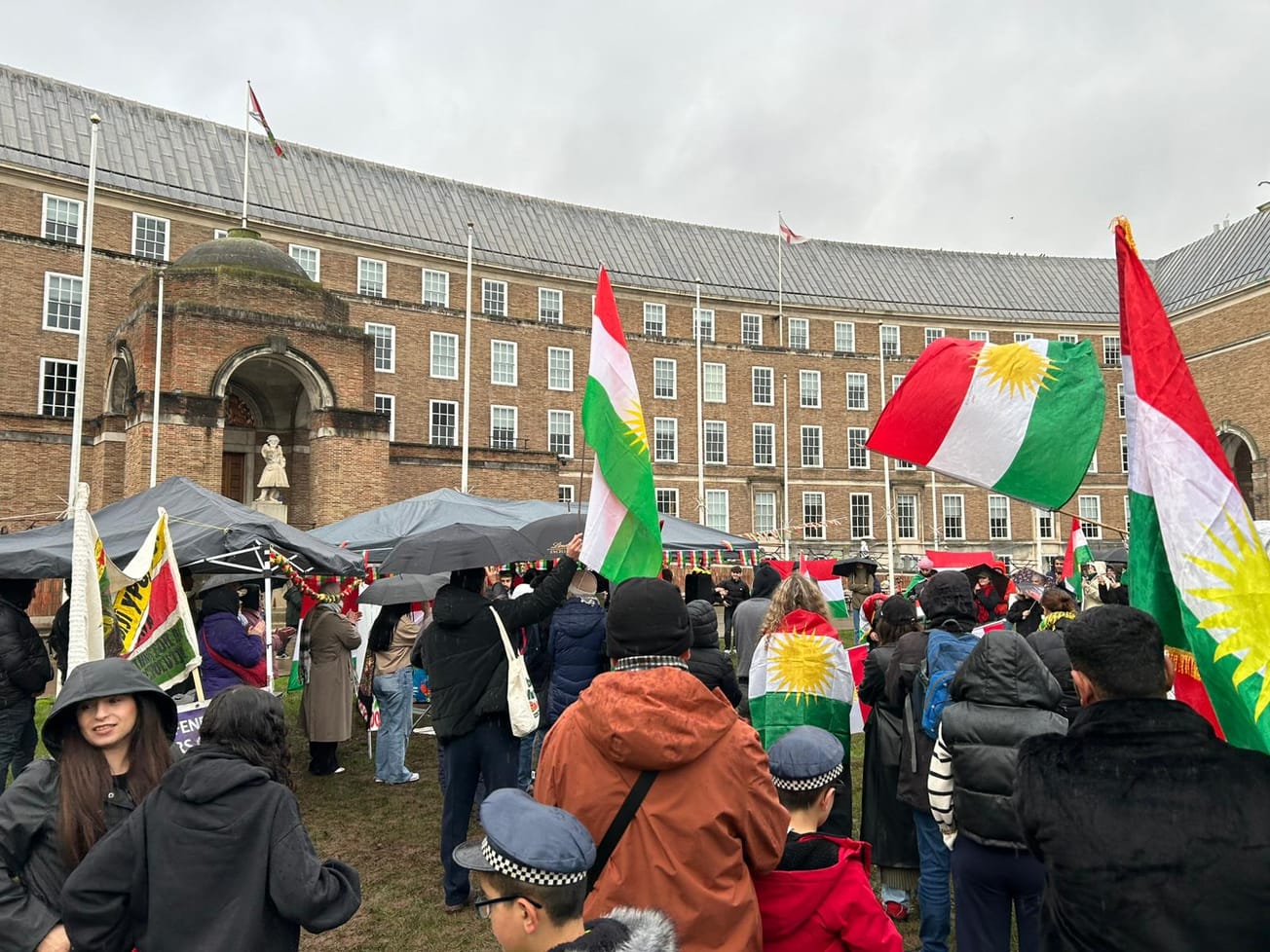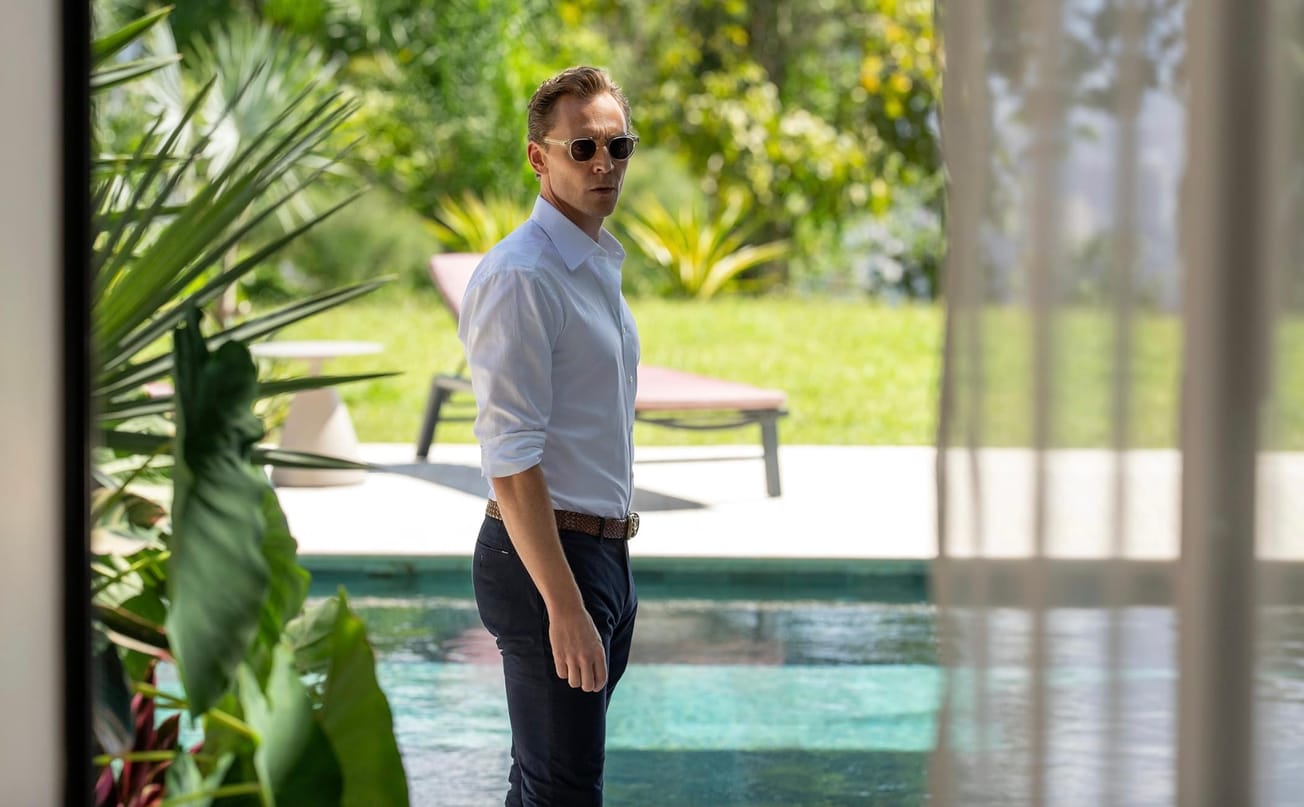By Milan Perera, Deputy Editor
Bristol is gearing up to celebrate the 60th anniversary of the Bristol Bus Boycott, which led the way for the Race Relations Act 1965 - the UK's first piece of legislation to address racial discrimination.
The events mark 60 years since the end of the Bristol Bus Boycott, which began after the city’s bus company refused to employ drivers of Black and ethnic minority backgrounds.
Church bells of the city will chime for four hours as Bristol celebrates this watershed moment in history. A train named after Dr. Paul Stephenson, one of the leaders of the Bristol Bus Boycott, will also arrive at Bristol Temple Meads station.
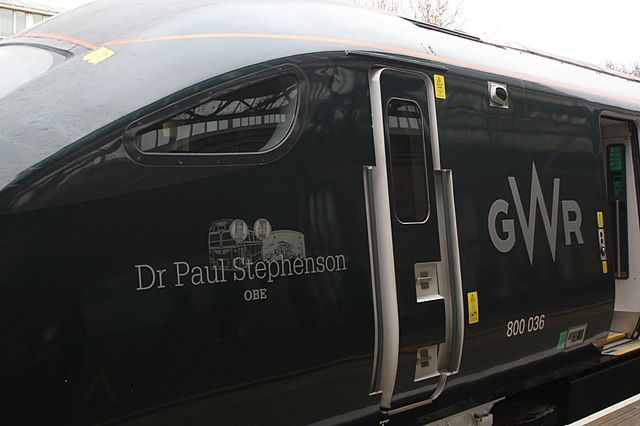
Among the events organised to mark the 60th anniversary of the Bristol Bus Boycott will be a civic ceremony on Wednesday, August 30, led by the Rev. Dan Tyndall. The event will unveil four new stained-glass window panes at St Mary Redcliffe Church, replacing several that featured Edward Colston, the slave trader. One of the panels in the North Transept Window in the church will feature the leaders of the Bristol Bus Boycott. The stained-glass window was designed by Dr. Ealish Swift, a local junior doctor who said:
'[…]I'm thrilled that my design seemed to resonate so much with the local community and I hope everyone will come to visit to see the final piece and experience everything this wonderful church, and community, has to offer!'
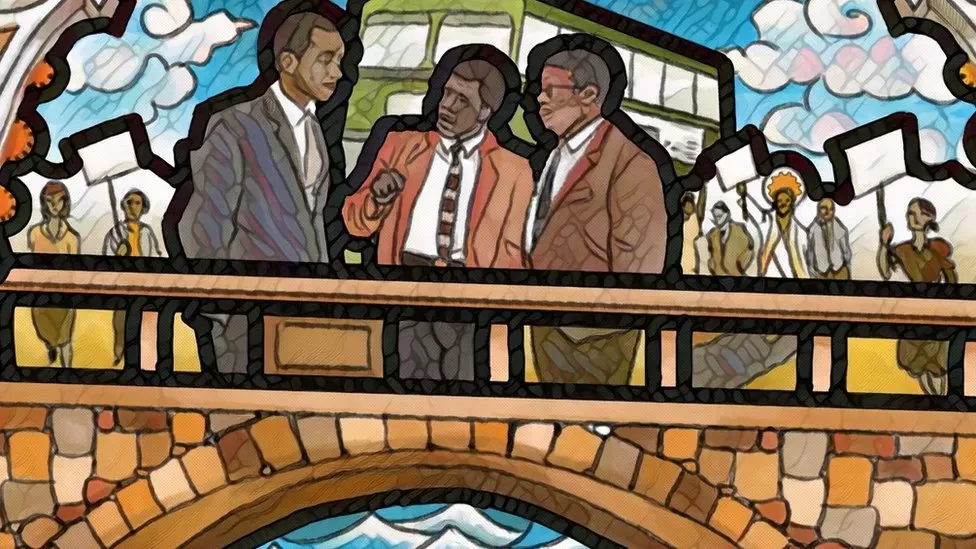
The boycott was triggered when Guy Reid-Bailey, a young, Jamaican man, was refused recruitment as a bus driver although he was qualified for the vacancy. Reid-Bailey was told that the vacancy was no longer available after employers had realised that Reid-Bailey was Black. Paul Stephenson, a youth social worker from London, who had also been working in Bristol at the time, closely monitored the events that unfolded.
Stephenson, greatly inspired by the 1955 Montgomery Bus Boycott in Alabama, challenged and publicised the racially biased employment practices of the Bristol Omnibus Company along with Roy Hackett, Guy Reid-Bailey, Owen Henry, Audley Evans and Prince Brown.
The leaders of the Bristol Bus Boycott successfully managed to spearhead a four-month protest which gathered support from various local community groups. A large contingent of students and lecturers from the University of Bristol marched carrying banners towards the Bristol Bus Station, expressing solidarity with Bristol Bus Boycott.
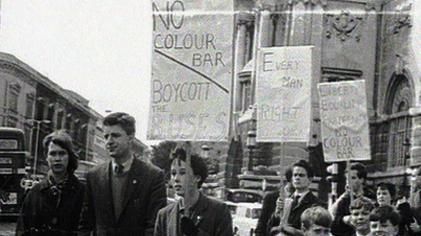
The Bristol Omnibus Company finally relented and agreed to end the 'colour bar' on August 28, 1963, the same day Dr. Martin Luther King Jr. delivered his famous ‘I Have a Dream’ speech from the Lincoln Memorial in Washington, D.C.
The chain of events triggered by the Bristol Bus Boycott led to the 1965 Race Relations Act which made 'racial discrimination unlawful in public places'. Furthermore, the 1968 Race Relations Act made the racial housing and employment practices illegal.
Freedom of the City status was granted to Roy Hackett OBE, Guy Reid-Bailey OBE, Barbara Dettering, Owen Henry, Audley Evans, and Prince Brown at a full council meeting on December 13, 2022. Roy Hackett was bestowed the honour posthumously while Dr. Paul Stephenson was granted the Freedom of the City in 2007.
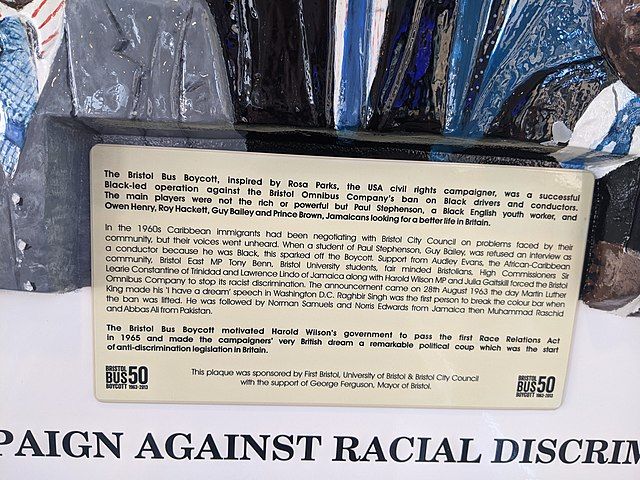
Paul Stephenson is no stranger to the University of Bristol, as the Stephenson Room at the Student Union Building is named after him.
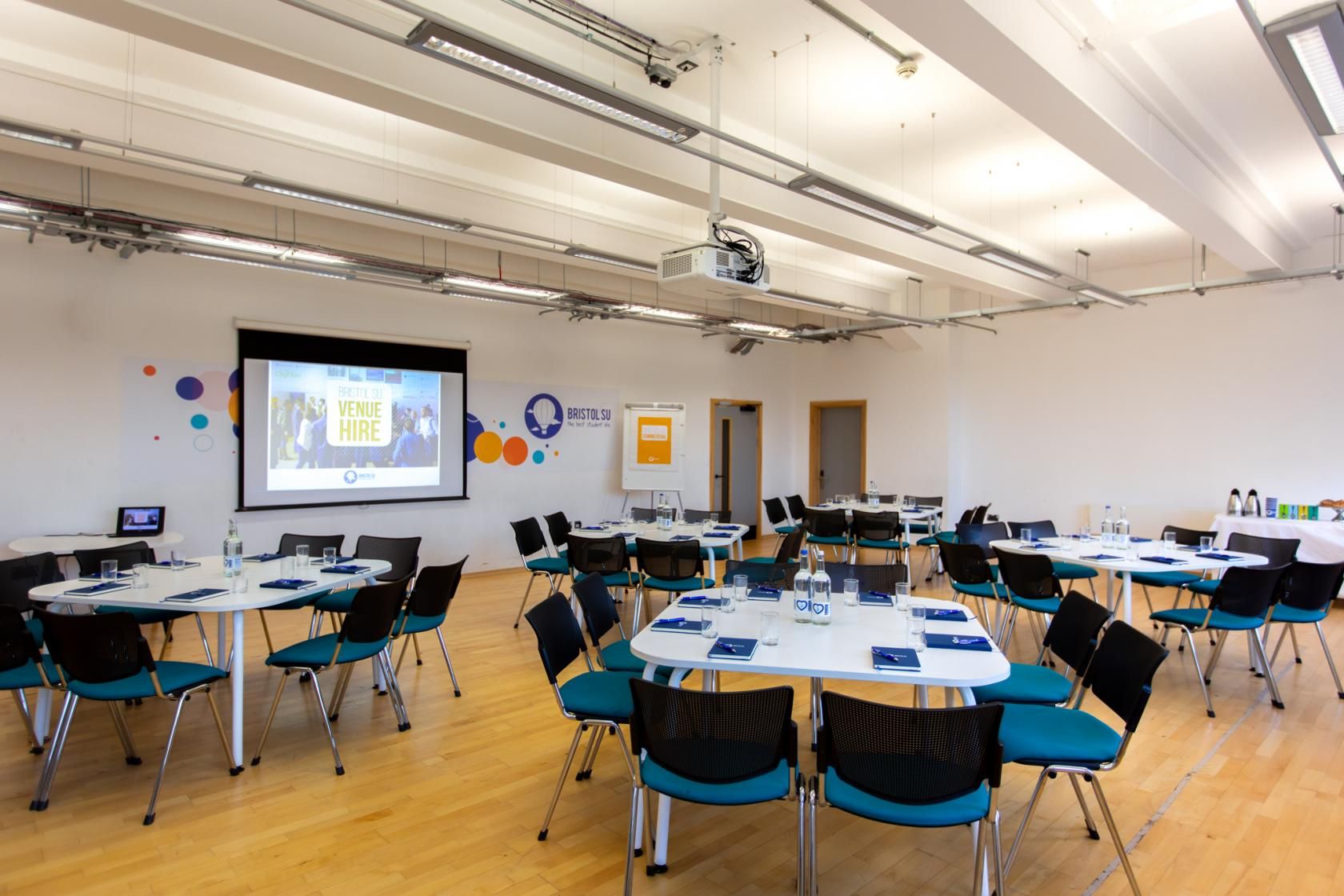
As Bristol continues to evolve and shape its identity, the Bristol Bus Boycott remains a cornerstone of the city's history, symbolising the potential for positive change when people come together in the pursuit of justice and equality.
Will you be attending any of the events organised to mark the 60th anniversary of the Bristol Bus Boycott?


